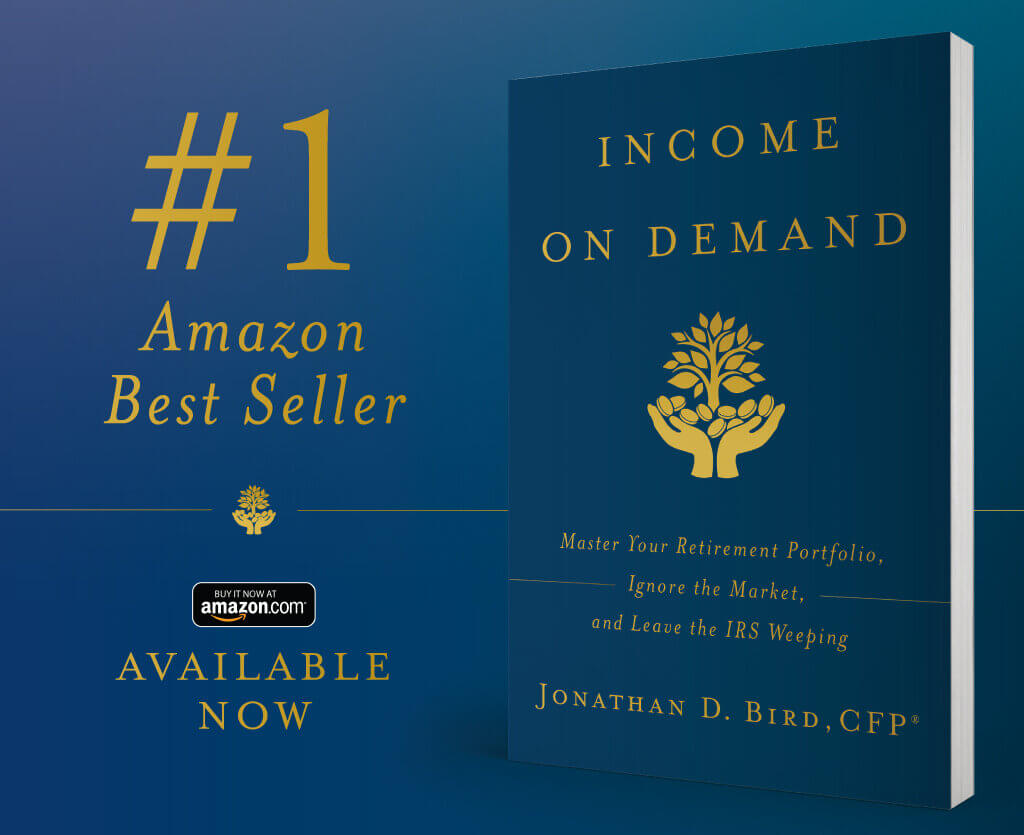Key 3: Avoid checking stock prices too often
The stock market is a tremendous reinforcement mechanism. Pick any stock you want. If the market continues to elevate the price of that stock higher and higher, you’re going to feel better and better about your decision. And the opposite will be true, even more so, if the price is falling. The underlying long-term reasons for buying the stock won’t matter nearly as much as the pain of the moment. Fear of loss can feed a powerful negative addiction, leading you to check the market constantly, which only breeds more anxiety. It’s the financial equivalent of junk food. Once you start eating Doritos, it’s hard to stop!
If you’re constantly looking for validation of what you’re doing, the easiest and quickest way to seek it is from the news. I once had a client named Allen who bought into the market when we began working together. A correction occurred several months later, and Allen decided to sell out on his own. It was loss aversion in action. He told me, “I’m going to wait for the news to get better before I get back in.”
“The news is never going to tell you that this is the right time to get back in,” I answered. It’s never so positive as to assure you, without doubt, that now’s the time. By its nature, the news is always framed to create at least some elements of uncertainty or doubt. By and large, it avoids optimism. And here’s what that means for you. If you’re waiting for the news to get to a point where you feel comfortable investing, that day will never come.
I once heard a talk that equated financial news with the Weather Channel. Forecasters are reluctant to say everything looks great here, nothing more to talk about. They’ll say wind or rain may be coming, we’ll have to see, maybe check back later. It’s not actually there to teach you. The same is true of most financial news. It’s there to stimulate you and get you hooked on watching.
The No-Look Challenge
In the same way that golfers cannot make birdies by staring at the scorecard, investors cannot improve their returns by checking stock prices. Checking your portfolio constantly takes up more than a share of your time. It takes a share of your mind, especially when it becomes habit, because it distracts you throughout the day, especially when you start seeing patterns emerge. Hey, we’ve had three up days in a row! Will we get five? Vice versa—and then some—when it’s down. Not again! What do I do? By eliminating that stress, my clients have found that they’re more focused on things that they actually can control and that they actually want to get done.
Of course, breaking the habit of portfolio-checking can be easier said than done. I had a client named Susan. She was a new investor who had received an inheritance. After we determined the right long-term portfolio, we decided to invest the money slowly over the course of a year. The amount we initially invested went down in trading price. It was off 5 percent or so by the time of our next meeting.
“These are big numbers,” she said, “and the red is pretty significant there. I’m kind of worried about that.”
My answer was what I called the No-Look Challenge. It’s pretty simple: Ignore your portfolio balance for a while. Don’t log in to your account. Leave it be.
“If you can go a quarter without checking the portfolio,” I told her, “you’ll win the challenge.”
She took me up on it. Three months later she sent me a note. “Hey, I just realized we passed the quarter-long challenge!” she wrote. “Haven’t checked it. Haven’t worried about the market. I’m loving this whole new idea.” I sent her a bottle of wine with a message. “The best way to reduce stress is to not check the market,” it said. “The second-best way is a glass of wine. Enjoy.”
“If I knew doing nothing paid this handsomely,” she replied, “I would have started sooner.”
I’ll close this section by presenting the same challenge to you. But I’ll make it easier. Call it the one-month no-look challenge. If you’re a long-term investor and your portfolio does not require changes, stop logging into your investment account every day. Remove the up-to-the-second stock quotes from your iPhone. Avoid watching the talking heads on financial television.
Define a reward upfront you’ll give yourself for completing the challenge. Enjoy that reward at the end—you’ll have earned it! And what’s more, enjoy all the days in between.
Check out my book Income on Demand on Amazon to build your financial castle.
Contact Us to learn more about how Farnam Financial can help you achieve your goals.
Jonathan Bird, CFP®
Farnam Financial LLC (“Farnam”) is a registered investment advisor offering advisory services in the State of Arizona and in other jurisdictions where exempted. Registration does not imply a certain level of skill or training. The presence of this website on the Internet shall not be directly or indirectly interpreted as a solicitation of investment advisory services to persons of another jurisdiction unless otherwise permitted by statute. Follow-up or individualized responses to consumers in a particular state by Farnam in the rendering of personalized investment advice for compensation shall not be made without our first complying with jurisdiction requirements or pursuant an applicable state exemption.
All written content on this site is for information purposes only. Opinions expressed herein are solely those of Farnam, unless otherwise specifically cited. Material presented is believed to be from reliable sources and no representations are made by our firm as to other parties’ informational accuracy or completeness. All information or ideas provided should be discussed in detail with an advisor, accountant or legal counsel prior to implementation.





